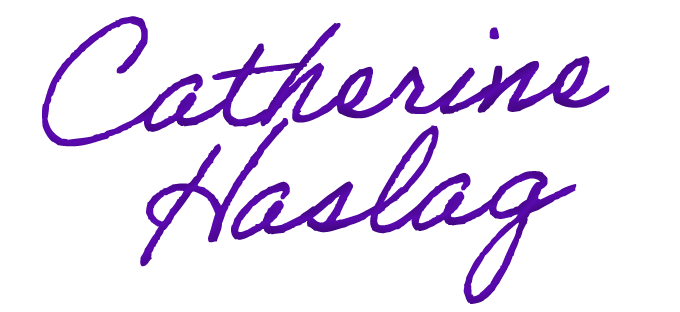Tips to Succeeding in a Chemistry Course
Establish a Routine
Creating and maintaining a regular study schedule will help you in all of your classes. Schedule time to watch lecture videos, review your notes, read the textbook, and all those other study skills needed to learn the concepts in this class. Show up to class on time, complete assignments, and actively participate in learning. This will help you stay on track in class, meet assignment due dates, and learn the exam material.
Set Your Goal
Decide at the beginning of the semester what grade you want in the course, then work for it. Below is a table outlining the suggested work ethic necessary to achieve your grade goal in class.
| Grade | Suggested Work Ethic |
| If you want to earn an A |
|
| If you want to earn a B |
|
| If you want to earn a C |
|
| If you want to earn a D or F |
|
Get Organized
Determine what tools you need to succeed in class. You definitely want a scientific calculator you know how to use, a periodic table for reference, a pencil for problem-solving, and a pen for taking notes. Use tools like a notebook, planner, or digital file to keep track of assignments, due dates, and important information from the course. Use a notebook for taking notes or keep all your papers organized in a binder. You can also use Evernote, Notion, or some other note-taking program to record information on your device if you prefer to take notes electronically. Mark all of your assignment and exam due dates in your planner. Sit down each week and review your notes and seek help when you need it rather than waiting until the day of the exam.
Not sure how to organize yourself? Read Organization and Planning Tips and Tools for Students
This video from Crash Course provides some tips and tricks to taking good notes.
Use the Course Materials
Read the textbook before viewing the lecture videos/attending the lecture and again after (if you feel it would benefit you). This will help introduce you to the material and then review it after class. Work through the textbook’s conceptual examples and complete any practice problems your instructor provides for the class – even if they don’t count towards your grade.
Use the supplemental course materials provided on Brightspace to help study the chemical topics discussed in class and prepare for exams. Most of my test questions will be similar to those you encounter in your textbook or the supplemental materials provided on Brightspace. You can also find additional practice problems on the internet.
Practicing the concepts covered in the course by using the course materials will help you learn and apply the concepts covered in this course.
Ask Questions
Do not be afraid to ask questions. Your instructor is here to help. Their office hours and contact information is listed at the top of their syllabus. Put my office hours to good use. Please come see me in person or online via Zoom with any questions regarding the material covered in this class. Information regarding online office hours is provided on Brightspace and at the top of the syllabus.
Join a study group
It has been shown that students who attempt to work in study groups outside of class and/or who seek help with problem-solving have a much higher success rate. You can access a class list on Brightspace if you want to form a study group.
Plan Ahead to Meet Due Dates
Don’t wait until the last minute to complete an assignment or prepare for an exam. If you have any questions or if something goes wrong (your internet goes down, your computer crashes, etc.) you will not be able to get the help you need to complete the assignment or adequately prepare.
Come to Lab Prepared
Read the lab. Review any related lecture materials before the lab. This will save you time, make the experiment a better learning experience for you, and prevent accidents in the lab. This is a requirement for this course (as outlined in the syllabus).
Get a Tutor
There is nothing wrong with getting some extra help in a class. Use the free tutoring available through Riverland Community College Student Services. You can even earn some extra credit when you work with a tutor.
Be Patient With Yourself
No one learns a semester’s worth of material overnight. You may pick up some concepts quickly while you struggle with others. This is ok. Learning can be a struggle. The struggle doesn’t mean you are doing anything wrong, but it is uncomfortable. Be patient with yourself.
Review Instructor Feedback
Review exams and assignments after they have been graded. Your instructor leaves feedback to help you improve your performance and understanding in this course. Rework any questions you missed. Ask questions if you need help solving a missed problem or want to check an answer.
Complete Some Extra Credit
Missed an assignment? Didn’t do so well on that last exam? Everyone has off days, assignments they don’t do well on, or miss an assignment because life got busy. That’s ok. Complete some extra credit when this happens. Information regarding extra credit opportunities is provided on Brightspace or by clicking HERE.
This page was published on March 3, 2023 and last updated on August 3, 2023.
©2023 Catherine Haslag. All Rights Reserved.



 © 2022 Catherine Haslag. All rights reserved.
© 2022 Catherine Haslag. All rights reserved. Created using Canva
Created using Canva